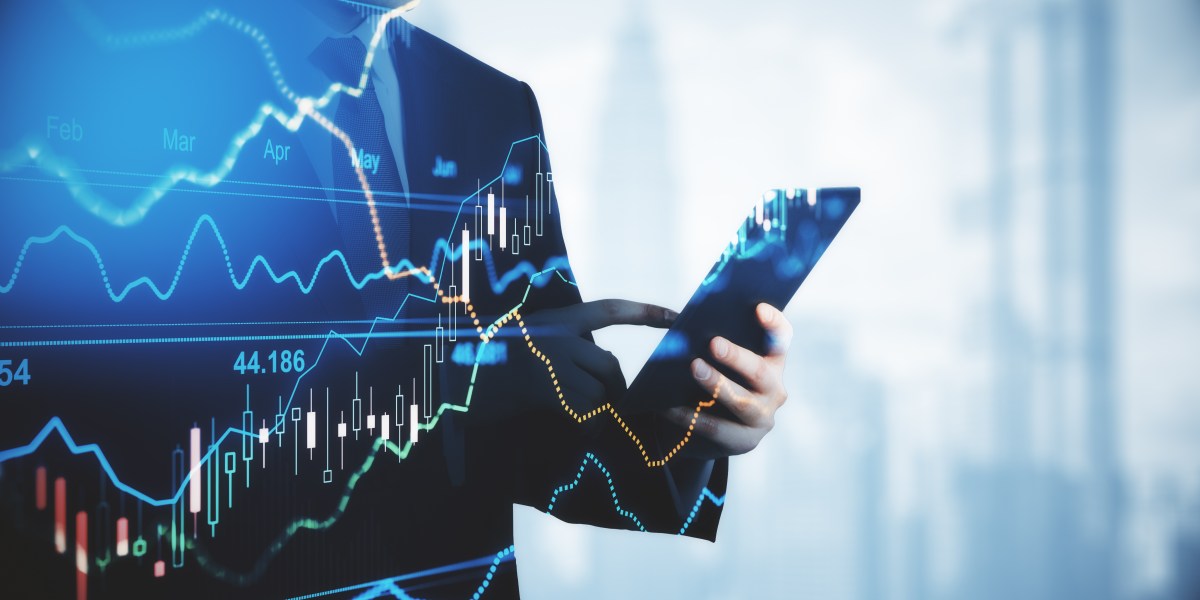Dividend Stocks Vs Buyback Stocks: Which Is Safer In A Recession?

Dividend Stocks Vs Buyback Stocks: Which Is Safer In A Recession?. Discover more detailed and exciting information on our website. Click the link below to start your adventure: Visit Best Website. Don't miss out!
Table of Contents
Dividend Stocks vs. Buyback Stocks: Which is Safer in a Recession?
The looming shadow of a potential recession has investors scrambling to protect their portfolios. A key decision facing many is whether to prioritize dividend stocks or buyback stocks for stability during economic downturns. Both offer distinct advantages, but their resilience in a recession differs significantly. Understanding these differences is crucial for navigating the turbulent waters ahead and making informed investment choices.
What are Dividend Stocks and Buyback Stocks?
Before we dive into the recession-proofing capabilities, let's quickly clarify the distinction:
-
Dividend Stocks: Companies distributing a portion of their profits to shareholders as cash payments are known as dividend stocks. These payments provide a regular income stream, regardless of the stock's price fluctuations. Think of it as a consistent paycheck from your investments.
-
Buyback Stocks: Companies using their profits to repurchase their own shares on the open market. This reduces the number of outstanding shares, theoretically increasing the value of remaining shares for existing investors. It's a bet on future growth and share price appreciation.
Dividend Stocks: A Recessionary Haven?
Historically, dividend stocks have exhibited greater resilience during economic downturns. Why? Several factors contribute to this:
- Consistent Income Stream: The consistent dividend payments offer a crucial safety net during periods of market volatility. This predictable income helps mitigate losses from declining share prices.
- Lower Volatility: Companies with a history of paying dividends often demonstrate greater financial stability and maturity, leading to less volatile stock prices compared to their growth-focused counterparts.
- Defensive Sectors: Many high-dividend stocks reside in defensive sectors like utilities, consumer staples, and healthcare – industries less susceptible to economic cycles. These sectors continue to perform relatively well even during recessions.
However, Dividend Stocks Aren't Without Risks:
- Dividend Cuts: While rare, companies facing severe financial distress may be forced to cut or suspend dividend payments. This can severely impact investor returns.
- Lower Growth Potential: Dividend-focused companies often prioritize stability over rapid growth, potentially limiting capital appreciation compared to buyback stocks in a strong economy.
Buyback Stocks: A Riskier Proposition in a Recession?
Buyback stocks, while potentially rewarding during economic expansions, often fare worse during recessions:
- Reduced Earnings: A recession typically leads to decreased company earnings, making buybacks less attractive, or even financially unsustainable.
- Share Price Volatility: Buyback stocks are often more sensitive to market fluctuations, meaning share prices can plummet significantly during a recession.
- Focus on Growth, Not Stability: The emphasis on repurchasing shares implies a bet on continued growth. This growth is less likely during a downturn.
Which is Safer? A nuanced answer.
The "safer" option depends heavily on your investment goals and risk tolerance:
-
For Income and Stability: Dividend stocks are generally preferred during a recession due to their consistent income stream and relative stability. However, carefully research the financial health of the company before investing. Look for companies with a long history of dividend payments and strong balance sheets.
-
For Long-Term Growth (with higher risk): Buyback stocks can be a part of a diversified portfolio, but their higher risk profile makes them less suitable for recessionary periods.
Diversification: The Key to Recession-Proofing Your Portfolio
Ultimately, the best strategy involves diversification. Don't put all your eggs in one basket. A balanced portfolio including both dividend and buyback stocks, along with other asset classes, will offer the most robust protection against recessionary pressures.
Actionable Steps:
- Assess your risk tolerance: Are you comfortable with potential dividend cuts or significant share price drops?
- Research individual companies: Don't just look at the stock type; delve into the financials of specific companies.
- Consult a financial advisor: Professional guidance can help you tailor a portfolio that meets your specific needs and risk profile.
By understanding the distinct characteristics of dividend stocks and buyback stocks, and by adopting a diversified investment approach, you can significantly enhance the resilience of your portfolio in the face of economic uncertainty.

Thank you for visiting our website wich cover about Dividend Stocks Vs Buyback Stocks: Which Is Safer In A Recession?. We hope the information provided has been useful to you. Feel free to contact us if you have any questions or need further assistance. See you next time and dont miss to bookmark.
Featured Posts
-
 Controversial Drone Tech Xtends 40 M Defense Bet
Feb 05, 2025
Controversial Drone Tech Xtends 40 M Defense Bet
Feb 05, 2025 -
 Rubio Claims Bukele Agrees To House Us Migrants In El Salvador
Feb 05, 2025
Rubio Claims Bukele Agrees To House Us Migrants In El Salvador
Feb 05, 2025 -
 St Marys Fire Update Western Location Explosive Fire Under Control
Feb 05, 2025
St Marys Fire Update Western Location Explosive Fire Under Control
Feb 05, 2025 -
 Zodiac Sign For December 6 Exploring The Sagittarius Traits
Feb 05, 2025
Zodiac Sign For December 6 Exploring The Sagittarius Traits
Feb 05, 2025 -
 December 6th Birthday Your Zodiac Sign And Its Influence
Feb 05, 2025
December 6th Birthday Your Zodiac Sign And Its Influence
Feb 05, 2025
